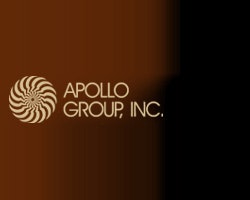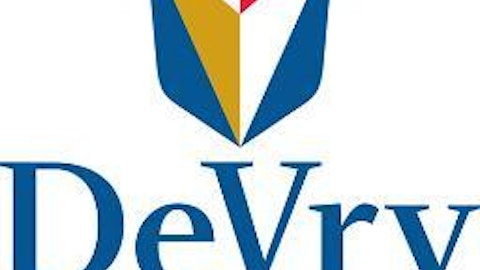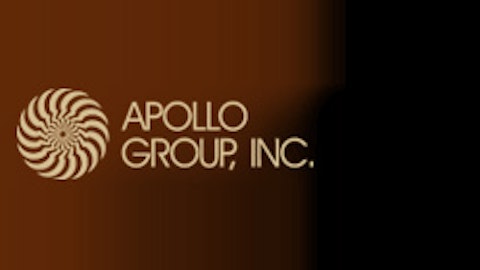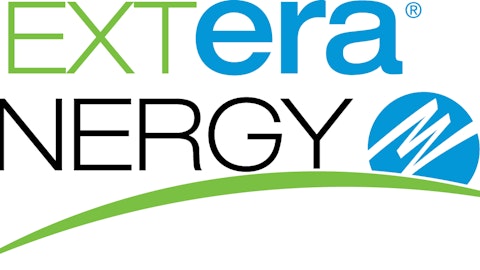
Over the past three years, one of the most hotly contested new rules to be enforced has centered on graduates obtaining “gainful employment.” This provision, where for-profit schools have to report and make this information available to prospective students, is intended to show what graduates do after they leave school, and how severe their debt burden is.
Thanks in large part to lobbying on behalf of the for-profit sector, the Department of Education’s first version of the gainful employment provision was largely a joke. As I noted when it came out, there are lots of problems with the rule:
| Provision | Rule | What’s wrong with it? |
|---|---|---|
| 1 | At least 35% of former students must be actively paying down their loans. | With such a low threshold, schools could have almost two-thirds of their students not paying off their loans and they would pass. |
| 2 | Graduates cannot be spending 30% or more of their discretionary income on loan payments | To be honest, I’m baffled at how the Department of Education will go about collecting information for this. How will “discretionary income” be determined? It seems to me there’s lots of room for distortion in this provision. |
| 3 | Graduates cannot spend more than 12% of their income on loan payments | I actually think this rule makes sense and — using tax forms — can be easily followed. |
Source: Fool.com.
Apparently, I wasn’t the only one who saw flaws in the government’s rule. Just before the gainful employment provisions were to take hold, a federal judge struck down the first provision listed above, saying that the government’s 35% threshold was arbitrary, and provided no expert opinion on why this would represent an organization not preparing someone for gainful employment. Though much of the rest of the law was kept intact, the damage was done. As Inside Higher Ed put it: “due to the way the regulations work, that invalidation set off a domino effect, making enforcing the rule effectively impossible.”
Because of this, the Department of Education is going back to the drawing board, and rewriting the gainful employment rules. If history is any indication, I don’t expect the government to back down one bit, and think that we’ll likely see tough rules eventually being enforced.
Where do the big players stand?
While it’s now more of a mental exercise, I still think it’s worth seeing where the six schools I’ve been covering would have fallen under the previous version of the rules. Here’s a look at how many individual schools each company has that failed at least one of the three provisions.
| Company | % of Programs Failing at Least 1 Provision |
|---|---|
| DeVry Inc. (NYSE:DV) | 44% |
| American Public | 0% |
| ITT Educational Services, Inc. (NYSE:ESI) | 55% |
| Apollo Group Inc (NASDAQ:APOL) | 21% |
| Corinthian Colleges Inc (NASDAQ:COCO) | 79% |
| Bridgepoint Education Inc (NYSE:BPI) | 6% |
Source: U.S. Department of Education.


